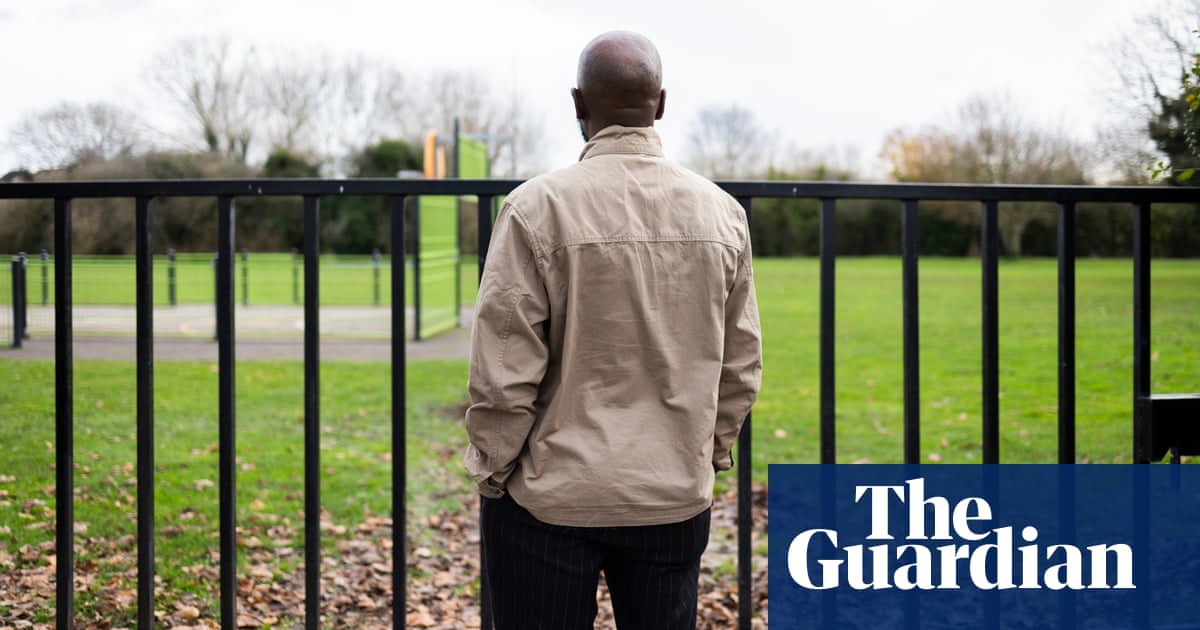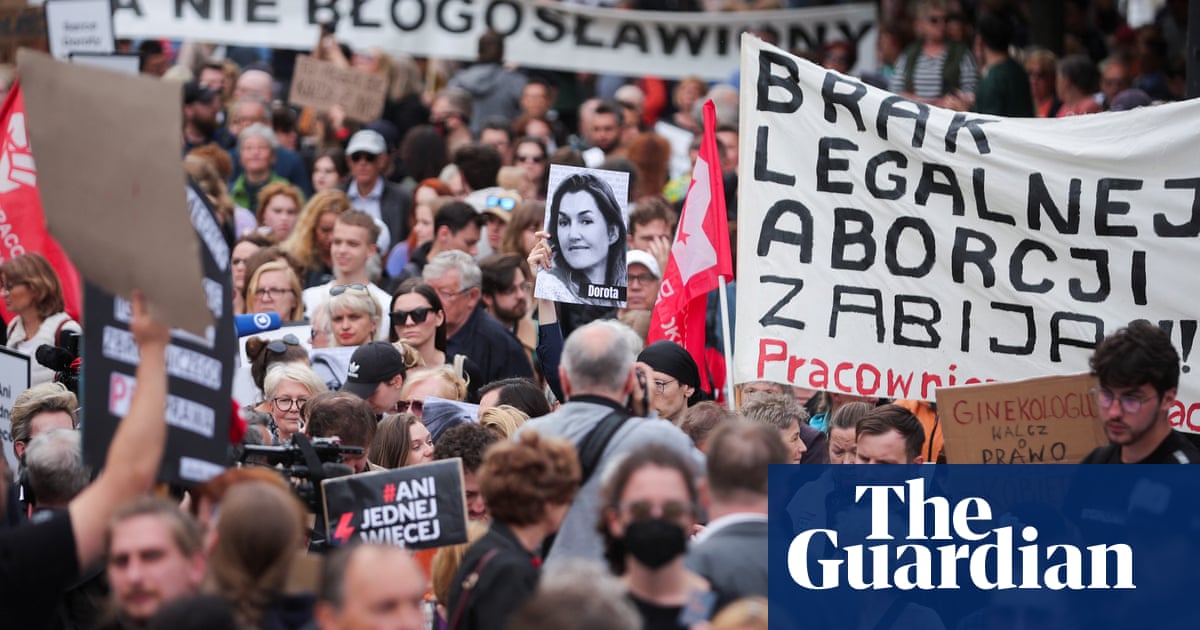
Pakistani exiles seeking refuge in the UK are being advised by counter-terrorism police to keep a low profile following warnings that their lives may be at risk after criticising Pakistan’s powerful military.
Counter Terrorism Policing, a collaboration of UK police forces and the security services, has told possible targets that they need to inform police if they intend to travel within the UK.
One British-based dissident said she had received information that hitmen linked to Pakistani drug gangs would be contracted to target her.
The heightened alert follows a recent trial in which a London-based hitman was found guilty of conspiring to murder a Pakistani dissident.
The trial heard how Muhammad Gohir Khan was offered £100,000 to kill a dissident blogger and fierce critic of the Pakistani intelligence services, Ahmad Waqass Goraya, in the Netherlands last year.
However, the mysterious middleman behind the plot – known as “Muzzamil” – remains at large, with the Metropolitan police yesterday confirming they are still attempting to establish his identity and whereabouts. The Met would not comment on whether it is liaising with the Pakistani authorities to locate him.
Officers have also issued a plea to the public for information on Muzzamil, who speaks with a British accent and, during a voice message heard at the trial, told Khan that future “jobs” in the UK and Europe would follow after killing Goraya.
Days before the trial started last month, officers from Counter Terrorism Policing, whose brief is to “prevent, disrupt and investigate dangerous extremists”, visited the UK home of Pakistani political commentator Rashid Murad to review his security.
Police have already installed a panic alarm and CCTV at his home and shared guidance on personal security from the national counter-terrorism security office.
Murad said: “Two police officers visited my home in 2021, informed me that they had intercepted a communication in which it was revealed that some people were planning to harm me. They didn’t tell me who but indicated they were from the Pakistani authorities.”
His brother, based in Manchester, has also been approached by the British authorities and informed of a potential threat.
Another apparent target of the Pakistani authorities, lawyer Fazal Khan, said he had been informed by officers from the Met’s counter-terrorism command, SO15, to notify other UK police forces if he intended to travel outside the capital.
The officers, he added, had discussed the mysterious death of Pakistani dissidents such as Karima Baloch, who campaigned for an independent Balochistan and was found dead in a lake in Canada in 2020.
Khan, who has filed court petitions involving Pakistan’s military,
said: “In the UK, a severe threat exists. London, Birmingham and cities like Sheffield with big Asian communities and where they [the Pakistani authorities] have people on their payroll. I was asked not to move around, not to leave the city and provide the police details of my contacts.”
Khan has already survived a previous assassination attempt, in Pakistan in July 2020.
Ayesha Siddiqa, an outspoken Pakistani political scientist and commentator based in London, has also been warned of threats to her life, and revealed that a well-connected lawyer had told her that the method used to target her would involve British-based Pakistani drug gangs. “That sense of being secure is gone,” she said.
Siddiqa urged the UK government to pressure Pakistan to also identify a figure named in Khan’s trial who was referred to as the “boss” behind the murder plot, which ultimately failed because Khan could not locate Goraya.
Goraya, a critic of the Pakistani military and government who the Met believes may have been targeted because of his “political views”, told the Observer that the attempt to kill him was “a transnational crime” in which Khan was merely the tool.
“The EU and the UK should take up this matter with their Pakistani counterparts to end this. We didn’t move to Europe to live under the terror of the Pakistani military,” he said.
The Observer spoke to a further five Pakistani dissidents, living in exile in five different cities in Europe, who all expressed similar concerns for their safety. Two had received police warnings of a potential threat to their lives.
Zar Ali Khan Afridi, a Pashtun rights campaigner, who fled to the Netherlands after an abduction attempt, revealed he had received a life-threatening call from a British number. “The best thing about moving to Europe was that I thought I would be safe. Now there is always the fear of being attacked, killed or harmed,” he said.
In France, journalist Yunas Khan said he had received an email in December from the French authorities, informing him of leaked audio files in which a figure from Pakistan’s ruling party, Tehreek-e-Insaf, tells the Pakistani community in Europe to attack Khan.
“It is a matter of Pakistan’s honour,” says the man on the recording: “Go and make him accountable if you are legitimate sons of your parents.”
The government of Pakistan said: “The levelling of malicious allegations such as Pakistani authorities targeting its critics through hitmen in foreign countries is nothing but absolute lies and sheer absurdity.”
It added: “Those who are baselessly defaming and spreading propaganda against Pakistan military and intelligence agencies are doing it to accomplish either their own ulterior motives or that of their sponsors.”
It added that when the Khan trial began “propagandists further amplified the smear campaign against Pakistan military and intelligence agencies without due regard for the law of the land by passing absurd judgments and initiating reckless propaganda over social and mainstream media on a matter that was subjudice”. It said the court had found Khan guilty “in his personal capacity”.











